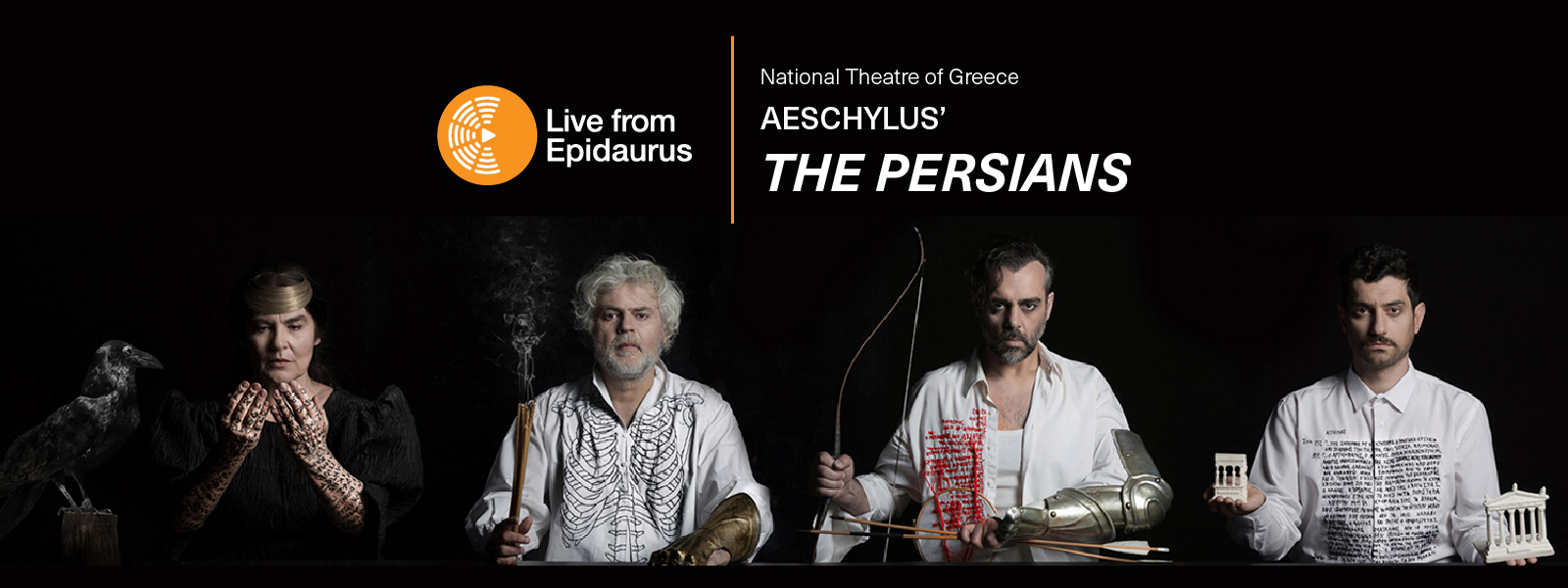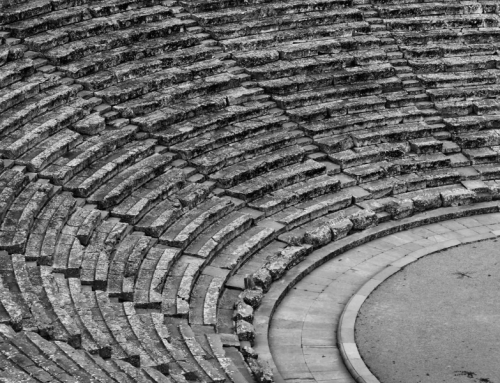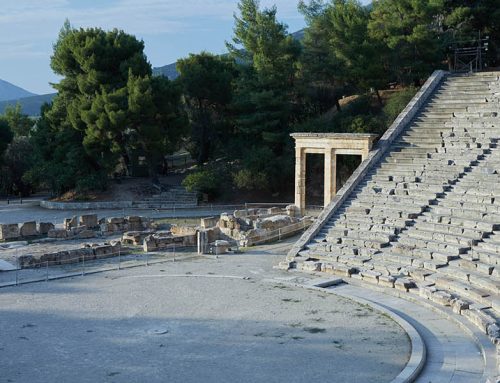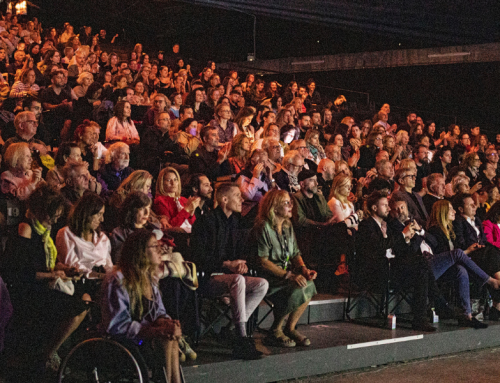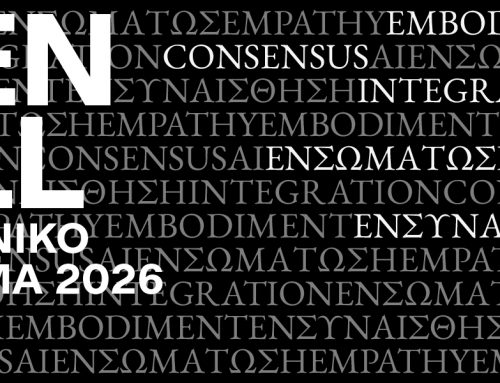Amid this difficult year, the Athens & Epidaurus Festival courageously takes on the challenge of COVID-19, making every effort to remain punctual in its appointment with audiences.
For the first time ever, Aeschylus’ The Persians will be streamed live worldwide, on Saturday 25 July. The National Theatre of Greece production is directed by Dimitris Lignadis.
The performance will be streamed live at 21:00 Athens time (GMT +2), in partnership with Google Greece. It will be available free of charge worldwide except for Greece, exclusively through the YouTube platform, free of charge. The streaming will be in Greek with English subtitles, and will last approximately 90 minutes.
Check out the Live from Epidaurus platform
Donations by international audiences will be welcomed. All proceeds will benefit the National Theatre of Greece and Greek actors impacted by the COVID-19 pandemic. Google will host the livestreaming and provide technical support as well as major free promotion across YouTube regarding the livestreaming event.
Check out the livestreaming promo video
This initiative is being enthusiastically received by both state institutions and artists, as it expected to highlight Greek culture on a global level.
On this occasion, Greek Prime Minister Kyriakos Mitsotakis stated:
“As humanity is still challenged by the COVID-19 pandemic, the first ever live streaming of an ancient Greek drama performance from the Ancient Theatre of Epidaurus is, Ι believe, a pivotal moment. This performance of Aeschylus’ The Persians, on July 25, comes at a critical juncture to underscore the universality of the principles that led to the construction of the Ancient Theatre of Epidaurus, a UNESCO World Heritage site, 2,300 years ago. The Persians, Aeschylus’ most important anti-war play, dramatizes the naval battle of Salamis, one of the most decisive battles in the history of humanity, constantly recalling the timeless values of democracy and freedom, as well as the meaning of Ancient Greek metron and moderation.”
Lina Mendoni, Minister of Culture and Sports, has stated the following:
“The Ministry of Culture and Sports’ goal has been to prevent COVID-19 from depriving Greece ofcultural events this summer, from depriving artists of employment opportunities and from leaving local communities without an additional source of income. The Athens &Epidaurus Festival and the National Theatre of Greece, two major cultural institutions supervised by the Ministry, share our beliefs and adjusted their programming in the new reality, in a creative manner. The Ancient Theatre of Epidaurus, designed by architect Polycleitus the Younger, is connected to the birthplace of theatre and healing, as it was part of a holy site dedicated to Asclepius, god of medicine and father of goddess Hygeia who personifies health. Music and dramatic contests held at this theatre were part of the patients’ therapy, as they prayed to the god for their healing. It is therefore quite fitting that in 2020, when the entire planet is being tried by COVID-19, Greece both symbolically and literally will stream globally an ancient drama performance from the holiest of places, to heal the wounds that were inflicted by this pandemic. This summer Greece sends out its own message around the world: art can heal body and soul, as ancient Greek philosophers and doctors taught us. This summer, we keep safe while still enjoying art.”
Dimitris Lignadis, Artistic Director of the National Theatre of Greece, has stated the following:
“Two and a half thousand years ago, theatre was born in Greece – and specifically in Attica – as the product of an advanced society that had found a balance between the individual and the collective, centred on citizens and their education. Aeschylus’ The Persians is the oldest extant surviving drama and at the same time a historical account of the most important conflict in the second Persian invasion of Greece, the Battle of Salamis, which took place exactly 2,500 years ago. It was one of the most pivotal battles in the history of humanity, whose outcome determined the world’s future. The Persians is a tragedy of defeat; defeat caused by hubris. This year, our planet has experienced an unprecedented and terrifying pandemic, COVID-19, which turned upside everything we took for granted and brought us face to face with our responsibilities. Amidst an enforced lockdown, art and theatre once again emerged as vital human needs, as a place of refuge. The National Theatre of Greece, in partnership with the Ministry of Culture, invites the entire planet to the most beautiful theatre in the world, at Ancient Epidaurus, to share and participate – even if only online – in our production of The Persians; a ritual that takes us back to the past, reminding us of the essence and the core of existence, which is at the same time a bridge between people and cultures. Theatre is, of course, quintessentially the art form of communication and dialogue. Culture is the child of the education of one place but at the same time belongs to all humanity. A humanity that has the right to unity and to the bridging of distances, even when the conditions do not allow it. Anyone looking for the heart of culture will find it beating at the Ancient Theatre of Epidaurus, in the National Theatre of Greece’s first production of ancient drama in the post-COVID era, to which the whole planet is invited.”



